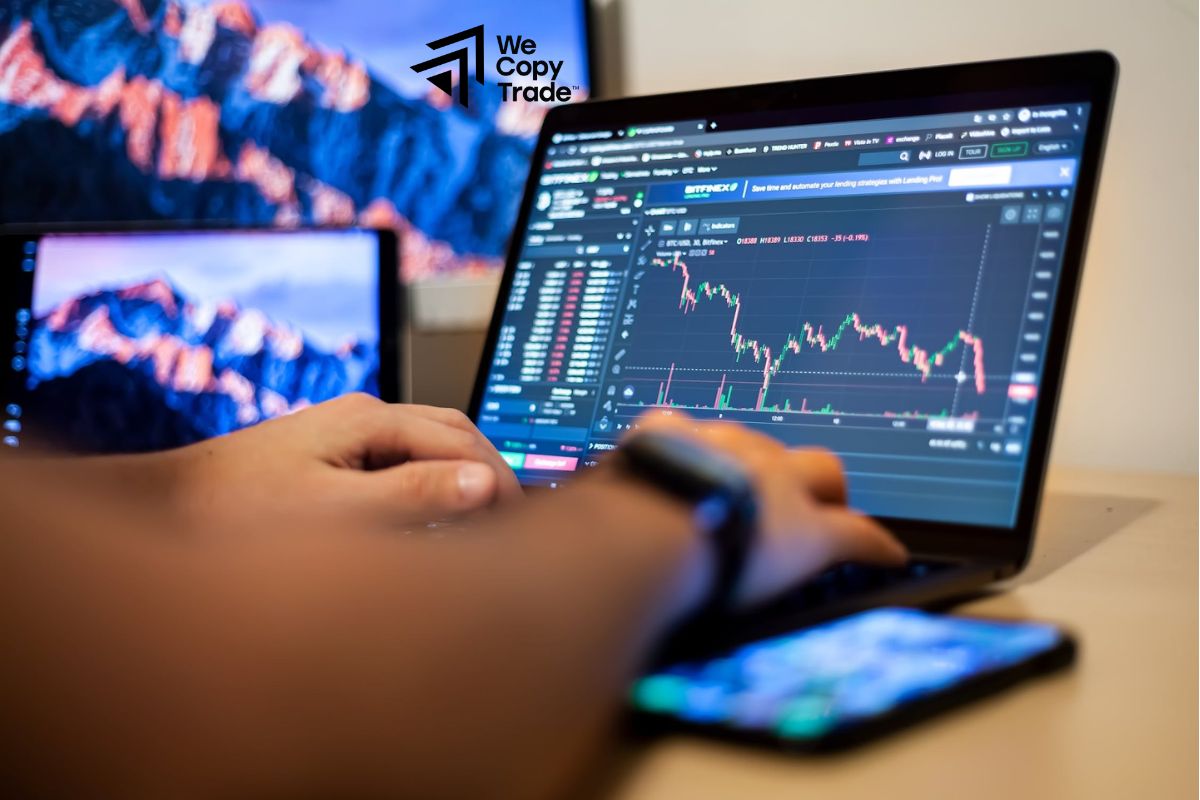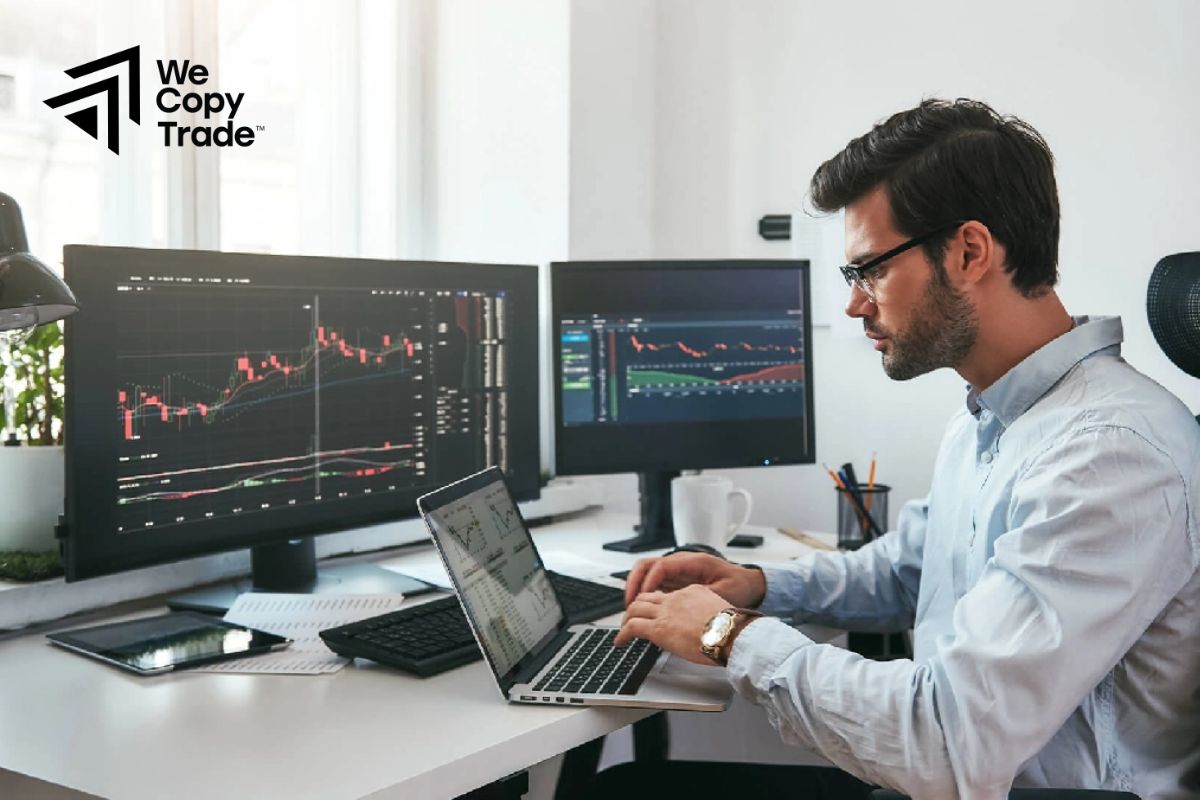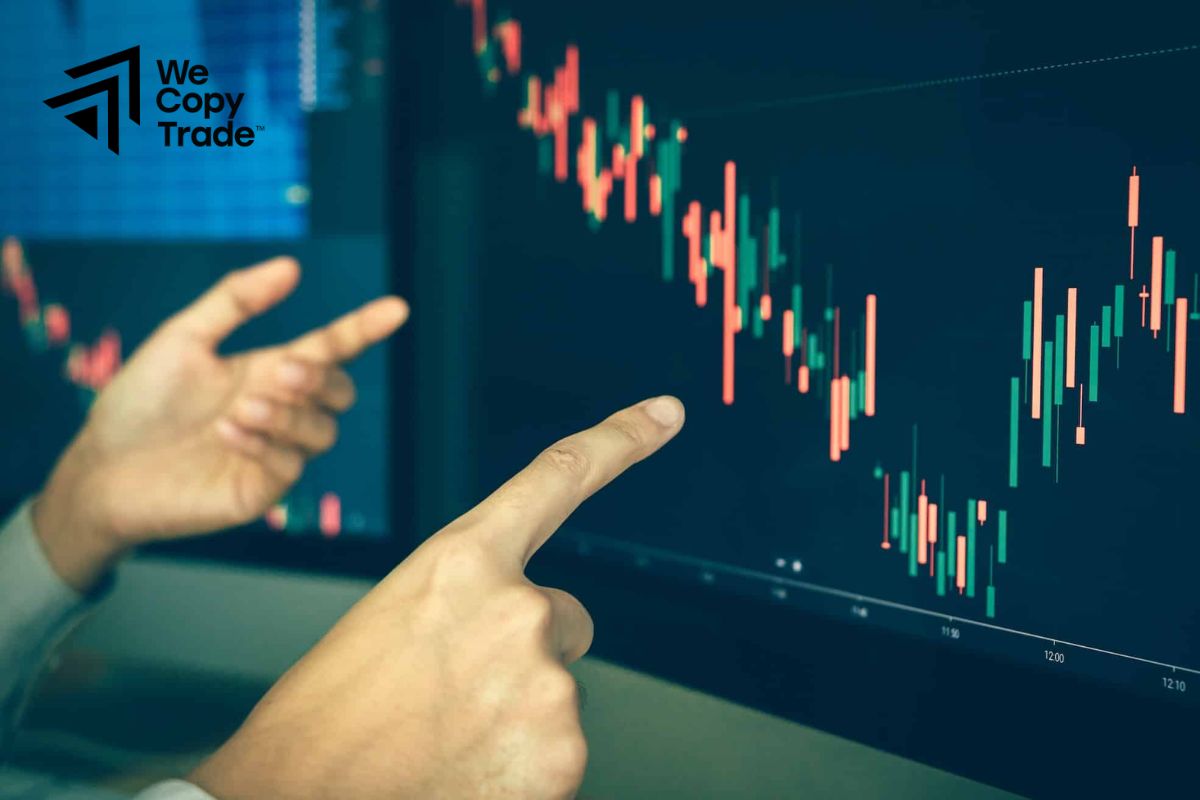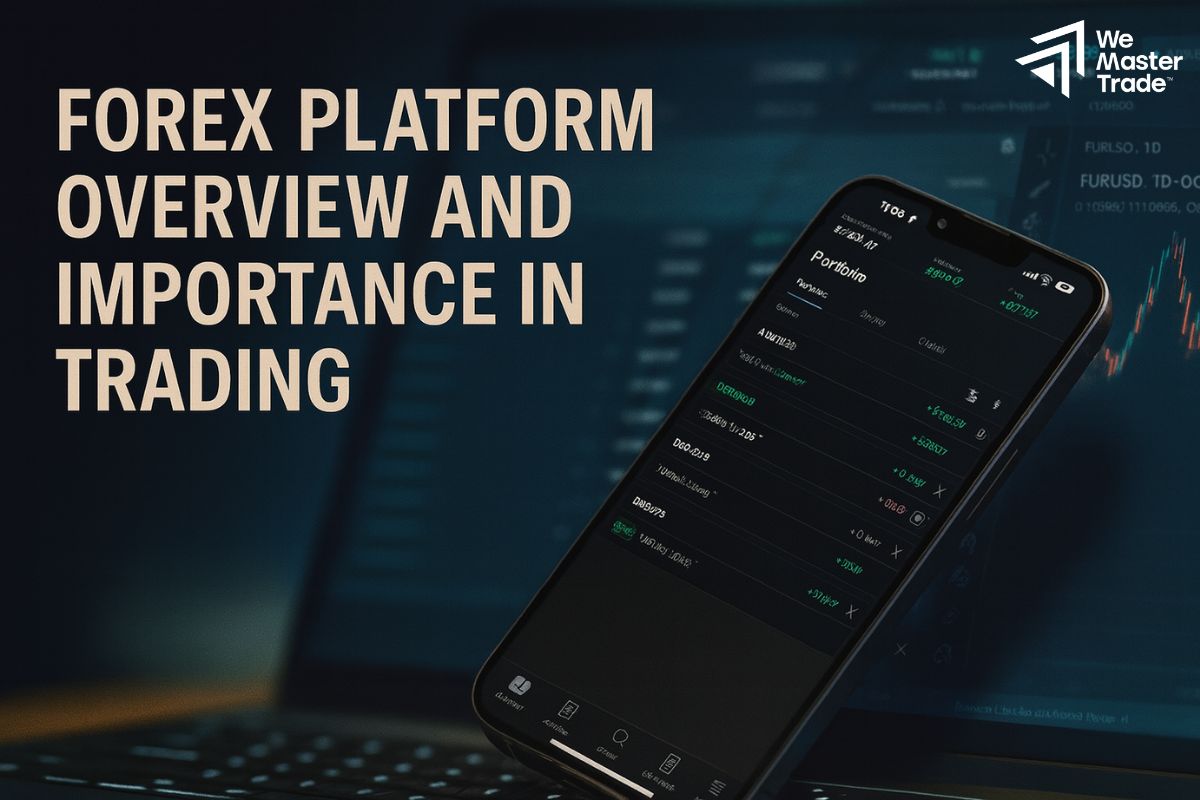Prop Trading associates with main financial institutions such as banks or environmental companies that use their capital to trade on the main financial market. Instead of monetizing the service by trading on behalf of clients, the company engages in direct trading, aiming to generate profits from their own investment accounts. This type of trading is appealing to professional traders because of its high profit potential. To better understand what Prop Trading is, please refer to the article below!
What is Prop Trading?
Proprietary trading, also known as proprietary trading, refers to a financial company or trading desk that uses its own capital to trade financial instruments such as stocks, bonds, commodities, etc. chemicals and some derivative products.

Key aspects of prop trading include:
- In-House Trading: Prop traders use the firm’s own funds to engage in trading activities, rather than trading on behalf of clients.
- Profit Generation: The primary goal is to generate profits for the firm. Traders are typically compensated based on their performance and the profits they generate.
- Risk Management: Since prop trading involves significant risk, firms employ sophisticated risk management strategies to protect their capital and optimize returns.
- Trading Strategies:Prop traders often use advanced strategies and leverage to maximize potential returns. These can include algorithmic trading, high-frequency trading, and market-making.
- Access to Resources: Prop traders have access to the firm’s resources, such as advanced trading technology and research tools, which can give them a competitive edge.
See more here:
- How to apply for a real estate prop firm certificate extremely reputable
- How Do Prop Firms Make Money? An In-Depth Look at Revenue
- What is High-Frequency Trading? How it works and its applications in cryptocurrency trading
What Do Prop Traders Do?
Prop Traders is a financial professional who trades stocks, bonds, currencies, commodities, derivatives or other major financial instruments using the company’s own capital instead of client funds. Their main goal is to generate profits for the company through various trading strategies. Includes the following elements:

- Market segmentation: Automated traders often use charts, models and technical indicators to forecast market movements and determine trading bases.
- Execution of trades: Exclusive traders buy and sell major financial instruments to take advantage of market efficiency or savings trends.
- Risk Management: Since they are trading company money, risk management is important. Installation transactions prevent errors, use hedging strategies, and include hazard risk management rules to minimize potential risks.
- Strategy Development: Proprietary traders continuously develop and adapt trading strategies. This may include algorithmic trading
- Generate profits: The ultimate goal of a sole trader is to generate profits for the company. Compensation for sole traders usually consists of a base salary plus a portion of the profits they generate.
What Are Prop Trading Firms?
Prop Trading Firm is a corporate finance company that uses its capital to make profits instead of managing customers’ money. They use various trading strategies and advanced technology, profit sharing to traders and manual closing. Below is a detailed summary of exclusive trading companies:

- Firms use their own funds for trading and share profits with traders. Traders often receive a percentage of the profits they generate.
- They can be traditional, focusing on discretionary trading, or quantitative, relying on algorithms. Some combine both approaches.
- Includes day trading, swing trading, market making, arbitrage, and high-frequency trading.
- Firms invest in advanced trading platforms and data analysis tools.
Advantages and Disadvantages of Prop Trading
Commercial real estate products face intense regulatory scrutiny and flimsy formulations that can impact the viability of their operations. Understanding these advantages and disadvantages is essential for anyone considering a career or partnership with a sole trader. Please refer to the pros and cons below:
Advantages of Prop Trading

- Prop traders can earn substantial income based on their trading performance. Since their compensation is often tied to the profits they generate, successful traders can achieve significant financial rewards, sometimes exceeding what might be available in other trading roles.
- Prop trading firms provide traders with substantial capital to trade, allowing them to execute larger and more diverse trades than they might be able to with personal funds. Additionally, traders have access to advanced trading technology, data analytics, research, and market expertise, which can enhance their trading strategies and execution.
Disadvantages of Prop Trading
- Trading with the firm’s capital involves considerable risk. Traders face the pressure to consistently perform well to avoid losses and meet firm expectations. The high-stakes nature of can lead to stress and a demanding work environment, where poor performance can result in significant financial losses and potential job insecurity.
- Prop trading firms must adhere to complex financial regulations and compliance requirements, which can be challenging to navigate. Regulatory scrutiny can affect trading strategies and operational flexibility, requiring firms to invest in legal and compliance resources to ensure they meet all regulatory standards. This can impact the firm’s ability to implement certain trading approaches and may add an extra layer of complexity to their operations.
Conclusion
In conclusion, prop trading stands as a dynamic and compelling avenue for traders seeking to leverage their skills and market insights for substantial gains. By engaging in proprietary trading, individuals and firms can capitalize on their expertise with the support of financial institutions, often benefiting from enhanced resources and strategic backing. As prop trading continues to evolve with advancements in technology and market strategies, it presents an exciting opportunity for those ready to navigate its complexities and harness its potential for significant financial rewards.
See here:











